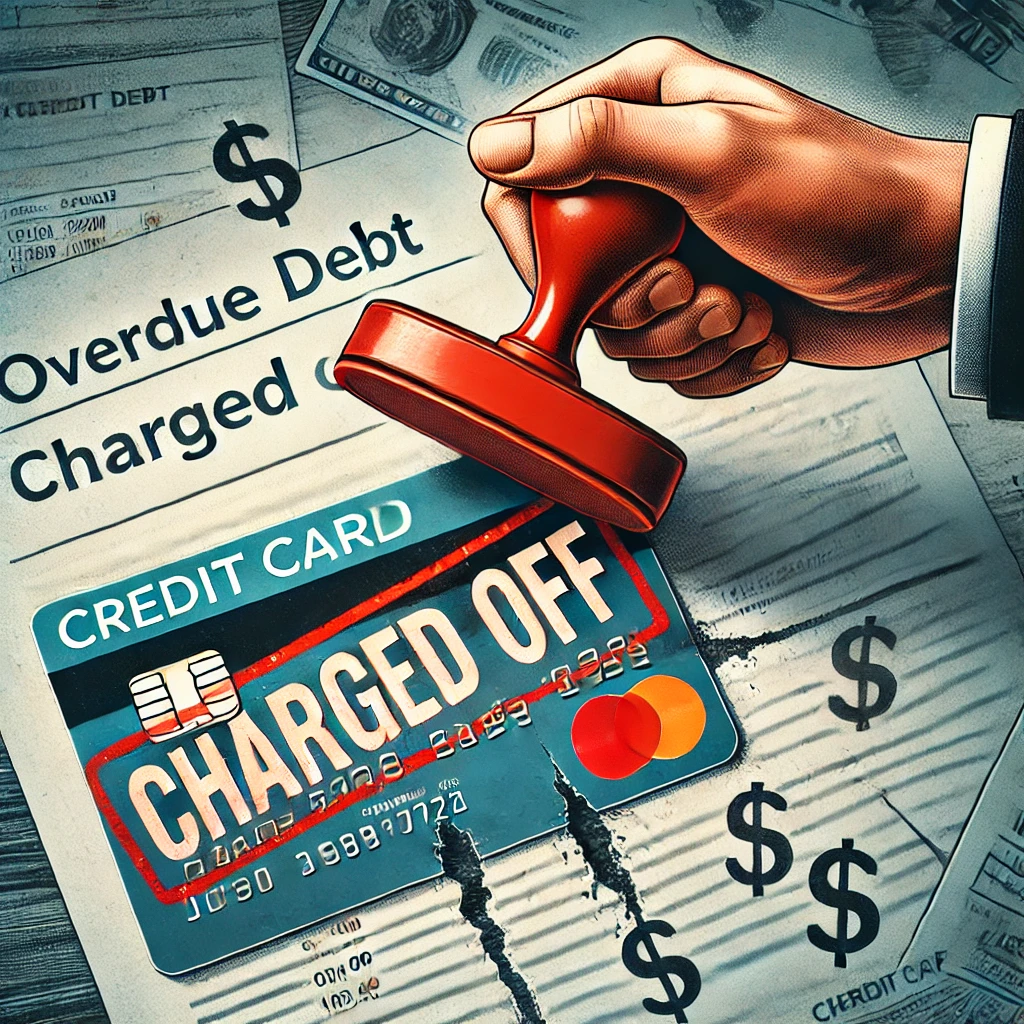A charged-off account refers to a debt that a creditor has written off as a loss because they believe it is unlikely to be collected. This usually happens after a debtor has been delinquent on payments for a significant period, typically 180 days for credit card accounts.
Here’s what you should know about a charged-off account:
- Account Status: While the creditor has written off the account for accounting purposes, you still owe the debt. The creditor or a third-party collection agency may continue to pursue payment.
- Impact on Credit: A charged-off is a serious negative mark on your credit report and can remain there for up to seven years from the date of the first missed payment that led to the charged-off.
- Collections: After charging off the debt, creditors often sell it to a collection agency, which will then attempt to collect the debt from you. This can result in additional negative entries on your credit report.
- Resolving a Charge-Off:
- Pay in Full: You can pay the amount in full to stop further collection efforts and update the account as “paid” or “settled” on your credit report.
- Negotiate: You may negotiate with the creditor or collection agency for a lower settlement amount.
- Dispute Errors: If you believe the charge-off is an error, you can dispute it with the credit bureaus.
- Legal Action: Creditors or collection agencies may sue you to collect the debt if it’s within the statute of limitations in your state.
If you have a charged-off account, addressing it can help minimize the long-term impact on your finances and credit health.
Click to rate this post!
[Total: 0 Average: 0]
Author
Stay connected for new publications, events, and more.







More Stories
L’inauguration de l’Aéroport Antoine Simon des Cayes
Debt Validation Letter
How to Get Rid of a Debt Collector Legally